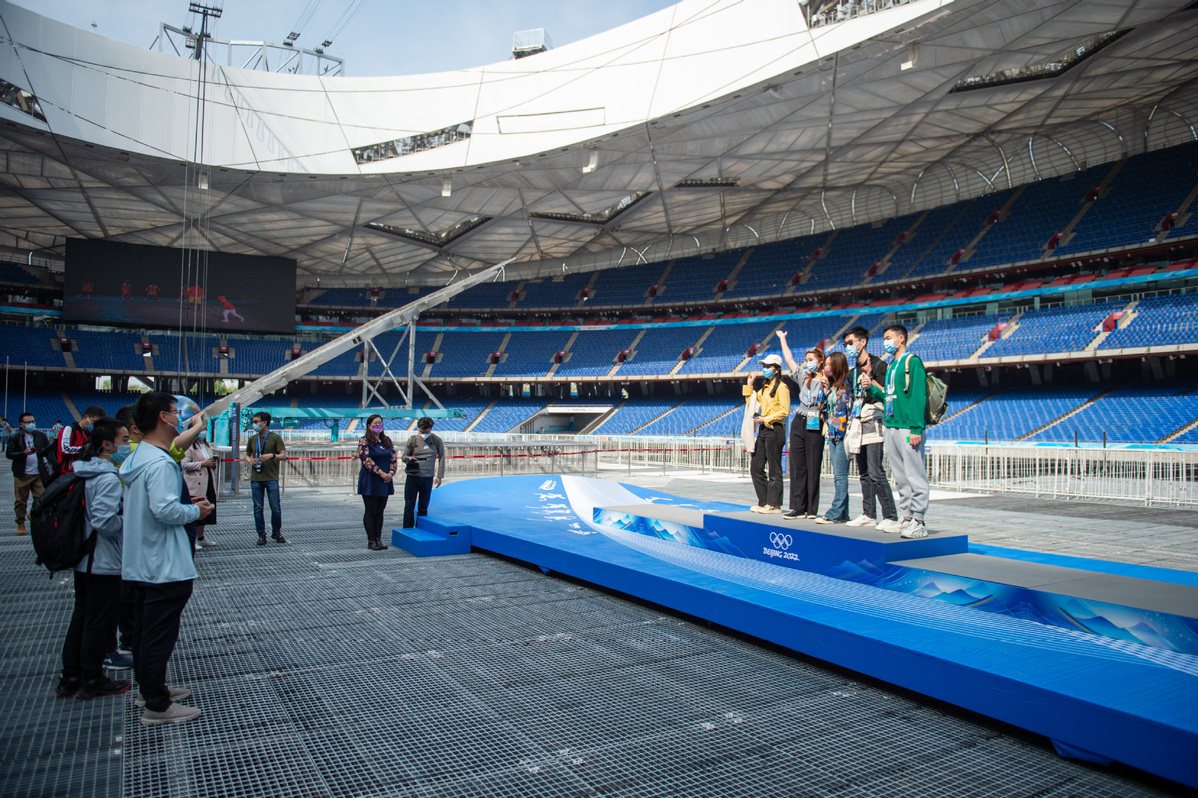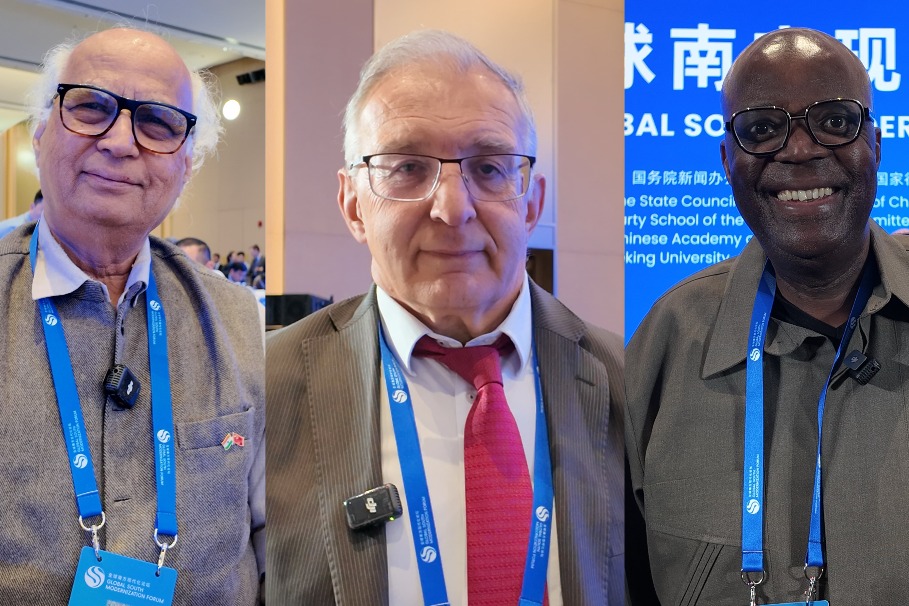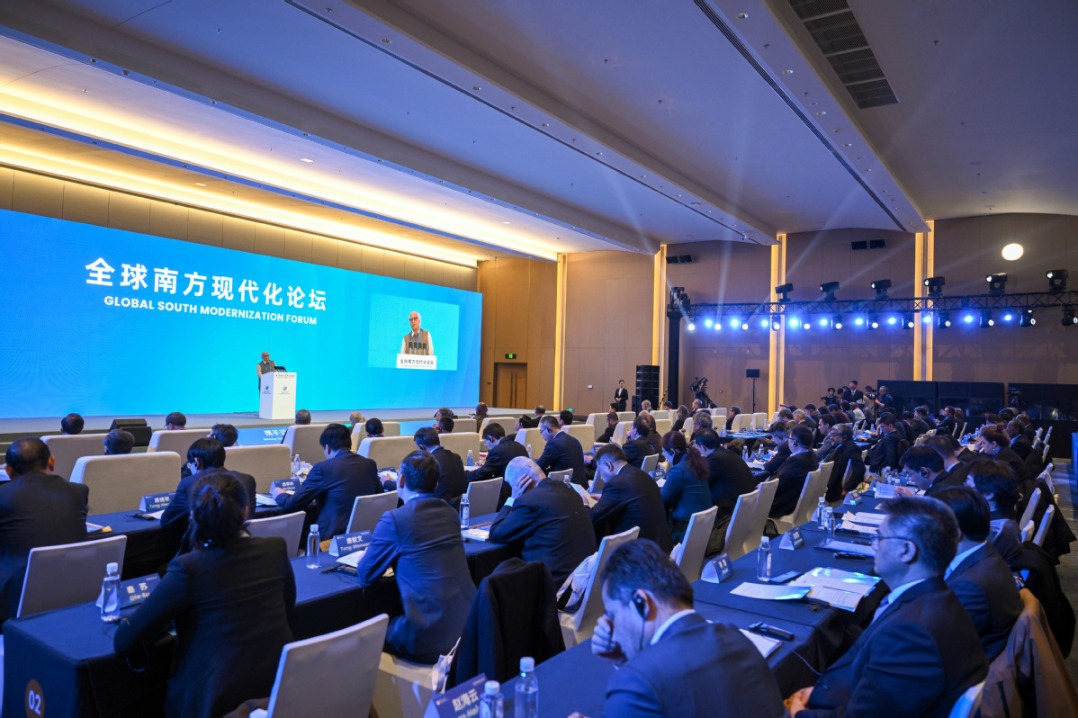Immerse yourself in the Olympic experience


The company, an affiliate of venue owner Beijing Enterprises Group, will work with the local government, resort developers, and skiing and snowboarding's international governing body to further develop the center into a commercial destination. The center will continue to bid to host more international events and open its lower, less-technical courses to amateurs, according to Fu.
The athletes' village, which was built hillside next to the sliding center and accommodated about 1,200 athletes and officials during the Olympics, has been redecorated into a mountain hotel available for booking on major online travel platforms. The dining hall at the village will continue to serve the same healthy menu that athletes enjoyed during the Games, featuring international and traditional Chinese flavors.
"It's important that the center reminds everyone right away that it is an Olympic venue and it sticks to the highest standards," he said.
Earlier last week, two of Beijing 2022's ice sports venues-the National Speed Skating Oval and the National Aquatics Center-in the capital's downtown area carried out trial runs to prepare for their official public openings during the holiday.
As one of three Summer Olympic venues reused for competitions during the Winter Games, the National Aquatics Center, also known as the Water Cube, was transformed into an Ice Cube for curling and wheelchair curling events at Beijing 2022 after hosting swimming and diving at Beijing 2008.
The reversible transformation project-which involved filling the swimming pool with steel structures to support an ice surface above-turned the arena into a multifunctional venue capable of switching from aquatic to ice sports.
The ice sheets used during the Games remain in the competition hall and will be maintained for a month for visitors to learn and experience fundamentals of curling, according to Yang Qiyong, general manager of the aquatics center.
























